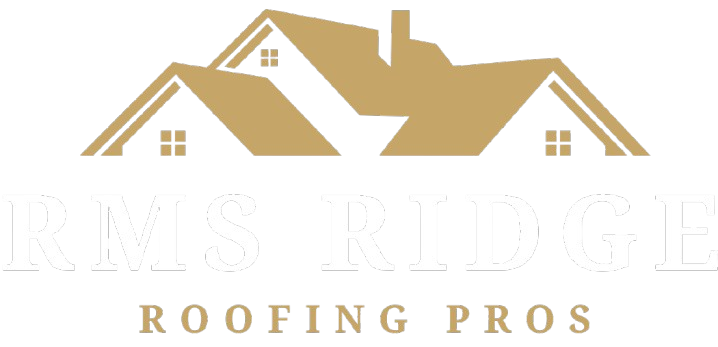
Choosing the right materials for commercial roofing services is crucial to ensure long-term performance, energy efficiency, and resilience against diverse environmental factors. Specialized roofing materials offer significant advantages over standard options, especially for businesses prioritizing durability and sustainability in their roofing replacement projects. Below, we explore essential materials suited for commercial roofing services, each tailored to meet specific needs and adapt to various climates.
Durable and Weather-Resistant Options for Commercial Roofs
Commercial buildings face diverse weather conditions throughout the year, from extreme sunlight to freezing temperatures. Selecting materials designed to withstand these elements not only extends the life of the roofing replacement but also ensures reliable protection for the property.
One popular choice for commercial roofing is thermoplastic polyolefin (TPO), a flexible yet durable single-ply material prized for its weather resistance and reflective properties. TPO helps maintain a building’s internal temperature, reducing the need for extensive heating or cooling. Additionally, ethylene propylene diene monomer (EPDM) is highly valued for its resilience against UV rays, ozone exposure, and extreme temperature fluctuations, making it ideal for roofing services in climates with significant temperature variations.
Modified bitumen is another excellent option, combining the toughness of asphalt with the adaptability of polymers, making it highly resistant to both hot and cold extremes. This material is particularly effective in environments where frequent temperature shifts occur, providing commercial properties with a long-lasting, resilient solution.
Enhancing Energy Efficiency with Reflective Roofing Materials
With increasing emphasis on energy efficiency, many commercial property owners are selecting materials that reflect sunlight, reducing heat absorption and helping maintain indoor temperatures. Reflective roofing materials like TPO and cool roof coatings help regulate temperature by minimizing heat absorption, resulting in reduced air conditioning usage and considerable energy savings, especially in large commercial spaces.
Metal roofing is also highly effective in enhancing energy efficiency for commercial properties. Its natural reflectivity, coupled with cool roof coatings, mitigates heat gain during hot months. Metal roofing not only contributes to lower energy bills but is also lightweight and low-maintenance, lasting for decades with proper care and offering a cost-effective option for commercial roofing needs.
Waterproof and Chemical-Resistant Materials for Industrial Settings
In industrial settings, such as manufacturing or food processing facilities, roofing replacement materials must withstand exposure to water and chemicals. Polyvinyl chloride (PVC) roofing systems are often chosen for their high durability and chemical resistance. PVC membranes are particularly advantageous in environments where roofs are exposed to harsh substances or oils, remaining intact under these challenging conditions.
Similarly, built-up roofing (BUR) systems—comprising multiple layers of bitumen and reinforcing fabrics—are valued for their waterproofing capabilities. These systems form a durable barrier, shielding the structure from water infiltration, which is essential for industries that cannot risk leaks or moisture damage. Using materials tailored to specific industrial needs enables businesses to enhance roof longevity and reliability in challenging environments.
Choosing specialized materials tailored to the unique requirements of a commercial building ensures optimal performance and value. By opting for durable, energy-efficient, and chemical-resistant materials, commercial properties benefit from increased protection, reduced operational costs, and a more sustainable infrastructure investment.
Read More:
Top Materials Used by Roofing Services in Residential Projects
